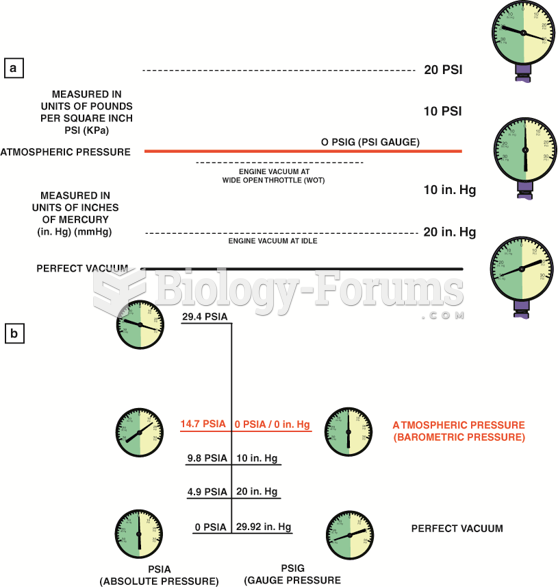|
|
|
A recent study has found that following a diet rich in berries may slow down the aging process of the brain. This diet apparently helps to keep dopamine levels much higher than are seen in normal individuals who do not eat berries as a regular part of their diet as they enter their later years.
Hippocrates noted that blood separates into four differently colored liquids when removed from the body and examined: a pure red liquid mixed with white liquid material with a yellow-colored froth at the top and a black substance that settles underneath; he named these the four humors (for blood, phlegm, yellow bile, and black bile).
Blood is approximately twice as thick as water because of the cells and other components found in it.
Green tea is able to stop the scent of garlic or onion from causing bad breath.
In 1864, the first barbiturate (barbituric acid) was synthesized.
 Part of the Hubble Ultra-Deep Field image showing a typical section of space containing galaxies int
Part of the Hubble Ultra-Deep Field image showing a typical section of space containing galaxies int
 Diverticulosis. It is the presence of abnormal pouches in the wall of the large intestine (diverticu
Diverticulosis. It is the presence of abnormal pouches in the wall of the large intestine (diverticu





